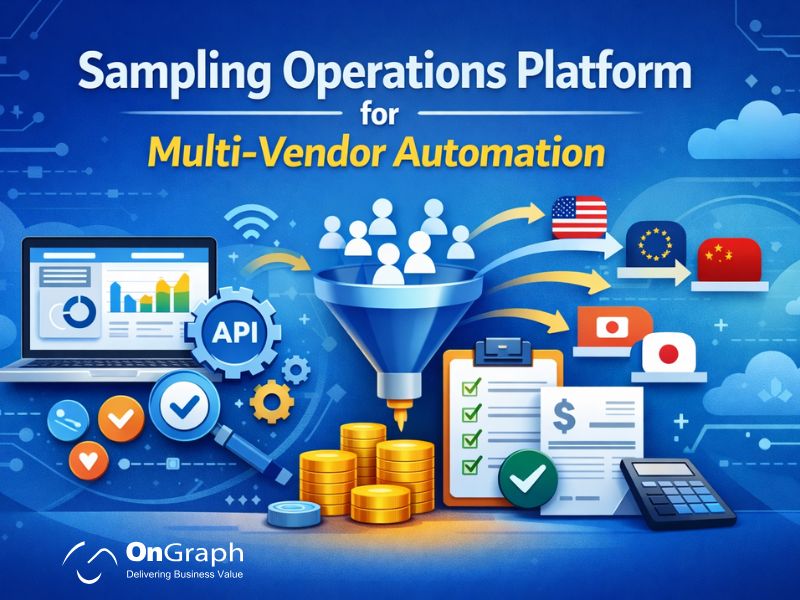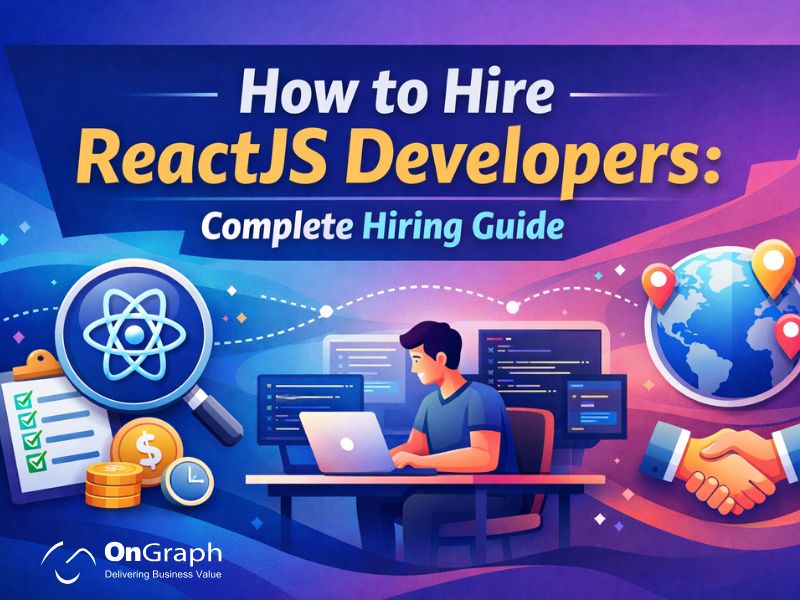Artificial Intelligence has moved beyond productivity and problem-solving—it’s now becoming deeply emotional, personal, and even spiritual. With the rise of AI companions, from AI therapists and virtual lovers to daily life organizers and creative confidants, these digital entities are becoming the most human-facing use case of generative AI.
Recent 2025 data from Filtered.com (via Harvard Business Review) confirms this trend: Therapy and companionship are now the #1 use case for generative AI, overtaking idea generation, content editing, and even code generation.
New use cases like “Organizing my life” and “Finding purpose” are rising fast, pointing toward AI’s shift from being a tool to becoming a trusted digital partner.
Why Are People Turning to AI Companions?
There’s a fundamental human need for connection. In a world growing more digitally fragmented and emotionally isolated, AI companions offer a safe, private, and 24/7 space to express, explore, and connect.
Key reasons for the surge in demand:
- Loneliness and emotional isolation, especially post-pandemic
- Need for judgment-free emotional support
- Rise of customizable avatars and characters that reflect the user’s fantasy or identity
- Accessibility and immediacy—AI is always available, responsive, and increasingly realistic
- Multi-role potential: from love interest to life coach, from co-creator to confidant
Use Cases That Define the Rise of AI Companions Boom
1. Emotional Support & Therapy
With therapy/companionship topping the 2025 chart, AI is now a lifeline for people seeking mental support. It can provide affirmations, crisis prompts, reflective journaling, and stress coping mechanisms.
2. Life Organization and Motivation
A new use case in 2025, “Organizing my life,” reflects how users now lean on AI for daily planning, emotional regulation, and habit tracking. These AI agents aren’t just reactive—they push users toward self-improvement and reflection.
3. Purpose Finding and Meaningful Interaction
Another rising trend is using AI to explore values, meaning, identity, and purpose. This is particularly evident in AI companions that simulate deep conversations, ask philosophical questions, or act as memory-aware life guides.
4. Creativity, Fantasy, and NSFW Roleplay
The rise of AI companions has transformed how users engage with digital experiences, serving as storytelling partners or fantasy characters, often customized for romantic or NSFW engagement. These apps offer a sandbox for imagination, free from judgment or boundaries.
Ethical Considerations of AI Companions
While the demand is high, the ethical terrain is complex. Developers and users must tread carefully.
Pros:
- Safe space for emotional expression
- Stigma-free mental wellness support
- Customized self-exploration tools
Risks:
- Emotional dependency and potential detachment from real relationships
- Exploitative monetization of emotionally vulnerable users
- Data privacy concerns over intimate conversations
Responsible AI companion apps must bake in consent management, data transparency, and boundaries—especially in emotionally charged or adult-use contexts.
Also read- Launch AI Companion App with Deep Roleplay & Personalized Character
Future Trends: What’s Coming Next?
Based on current growth patterns and 2025 use cases, the next wave of innovation in AI companionship includes:
- Emotion-aware voice AI: Voice agents that detect stress, joy, and sadness in real-time conversations
- Multilingual support: For global inclusivity and more intimate native-language interaction
- Memory persistence: AI that remembers past conversations and builds evolving context
- Visual avatars: Hyper-realistic, emotionally responsive AI characters
- Mental wellness AI with clinical oversight: Blending AI tools with mental health frameworks
These trends align directly with top 2025 use cases like enhanced learning, creativity, and purpose exploration, making AI companions a critical interface for future human-AI relationships.
How OnGraph Helps Founders Build AI Companion Apps?
At OnGraph, we partner with visionary founders looking to tap into this growing market. Our team has helped launch AI companion platforms that combine:
- Memory-aware chat modules
- Voice agents with NSFW capabilities (where needed)
- Admin dashboards for character control and monetization
- Multilingual support with localization
From dating-focused AI companions to wellness or spiritual support bots, our solutions are custom-built, scalable, and secure.
Conclusion: A New Kind of Relationship
AI companions are not just replacing conversations—they’re reinventing them. With emotional intelligence, contextual memory, and expressive interaction, AI is becoming a new class of companion: part friend, part guide, part mirror.
As Filtered.com’s data shows, the future of AI is deeply human. The real opportunity lies in building companions that empower, support, and connect us, not just automate for us.
Whether you’re a founder, technologist, or simply curious, one thing is clear—the era of AI companionship has just begun.
About the Author
Let’s Create Something Great Together!
Latest Blog
















